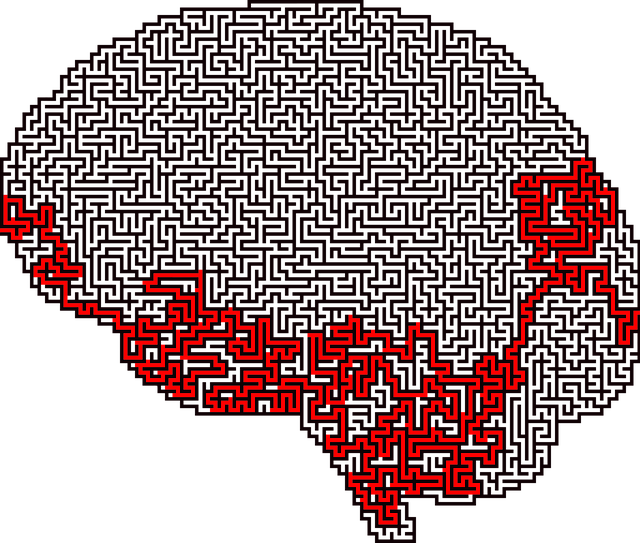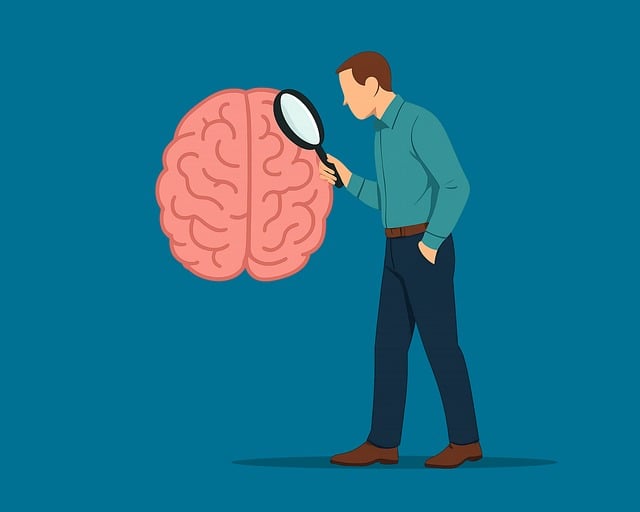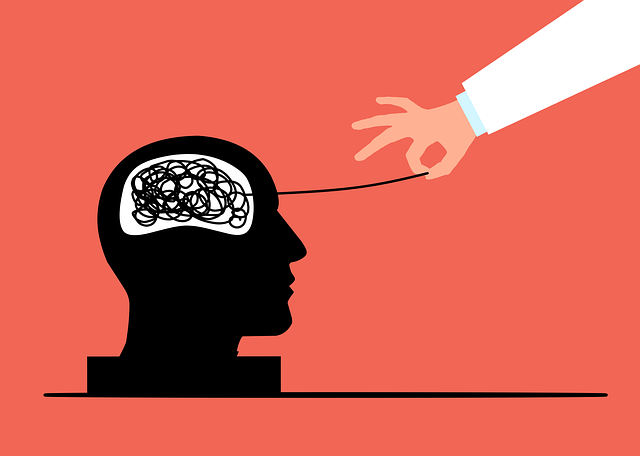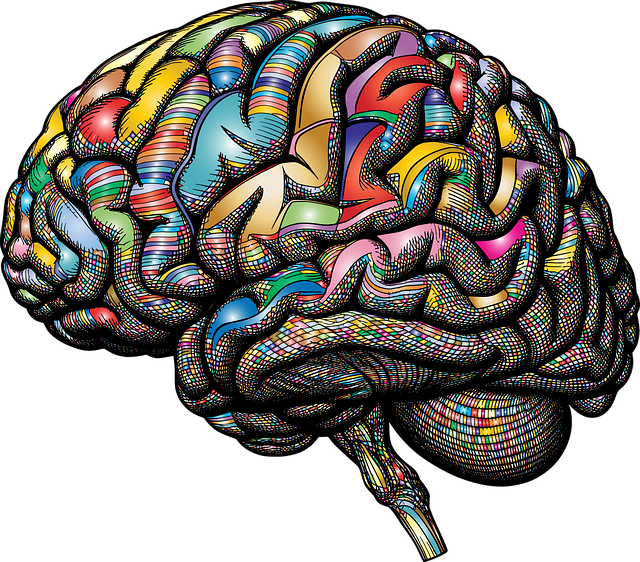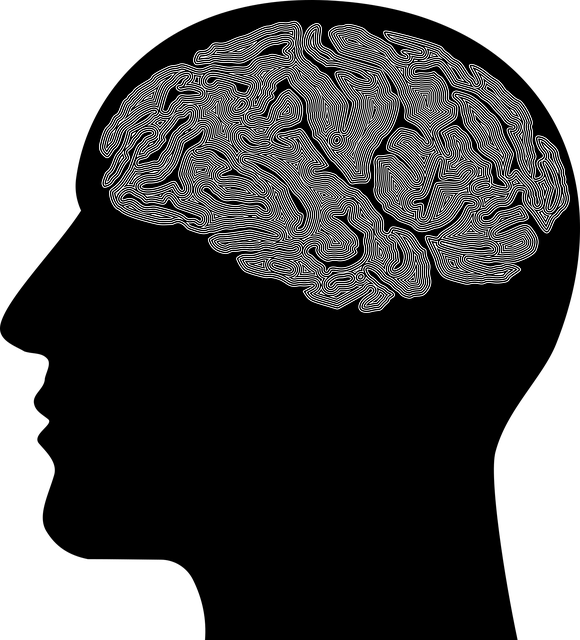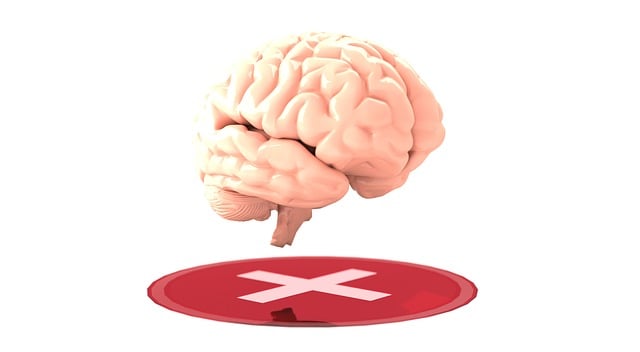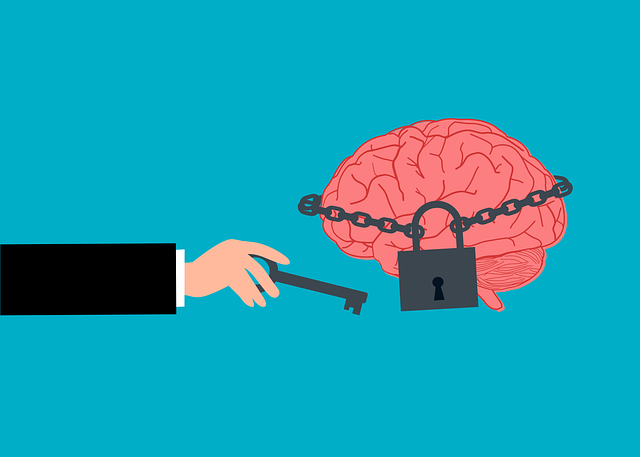Mental wellness programs like Lafayette Drug Abuse-Substance Abuse Therapy combine evidence-based practices, including emotional intelligence and mindfulness meditation, to address issues such as stress, anxiety, depression, and substance abuse. Effectiveness is measured through a mix of quantitative (surveys, statistics) and qualitative (interviews, case studies) methods, tracking symptom reduction and personal growth. Key Performance Indicators (KPIs), like Compassion Cultivation and Conflict Resolution assessments, offer deeper insights. Continuous evaluation based on participant feedback ensures culturally sensitive, tailored services with improved outcomes over time.
Mental wellness programs play a pivotal role in fostering resilience and recovery, especially for those battling substance abuse. This article delves into the crucial aspect of evaluating these programs’ effectiveness, exploring diverse methods and tools. We examine Lafayette Drug Abuse-Substance Abuse Therapy as a case study, highlighting qualitative and quantitative approaches to assessment. Key Performance Indicators (KPIs) are scrutinized for their role in continuous improvement, ensuring services adapt to meet evolving needs. By balancing qualitative and quantitative methods, mental health professionals can gain comprehensive insights into program success and enhance patient outcomes.
- Understanding Mental Wellness Programs and Their Impact
- Assessment Tools for Evaluating Lafayette Drug Abuse-Substance Abuse Therapy Effectiveness
- Qualitative vs Quantitative Methods: A Balanced Approach
- Key Performance Indicators (KPIs) in Mental Health Program Evaluation
- Continuous Improvement: Using Evaluation Data to Enhance Services
Understanding Mental Wellness Programs and Their Impact

Mental wellness programs are designed to support individuals in managing and improving their mental health, addressing various challenges such as stress, anxiety, depression, and even substance abuse issues like Lafayette Drug Abuse-Substance Abuse Therapy. These programs often incorporate a range of evidence-based practices tailored to meet diverse needs. For instance, Risk Management Planning for Mental Health Professionals is crucial to ensure safe and effective delivery of these services while fostering a culture of emotional intelligence among practitioners.
Emotional Intelligence and Mindfulness Meditation are emerging as powerful tools within mental wellness initiatives. Emotional Intelligence helps individuals recognize and manage their emotions, fostering better relationships and decision-making skills. Similarly, mindfulness meditation practices enable participants to cultivate present-moment awareness, reduce stress, and enhance overall well-being. Understanding the impact of these programs is vital for evaluating their effectiveness and making necessary adjustments to cater to the evolving needs of those seeking support.
Assessment Tools for Evaluating Lafayette Drug Abuse-Substance Abuse Therapy Effectiveness

Evaluating the effectiveness of Lafayette Drug Abuse-Substance Abuse Therapy programs requires a multifaceted approach, focusing on both the client’s symptoms and overall emotional well-being promotion techniques. Assessing treatment progress involves utilizing standardized assessment tools tailored to measure the success of therapy interventions. These tools help track changes in substance use patterns, mental health symptoms, and clients’ ability to cope with challenges. By employing such methods, therapists can objectively gauge the impact of their strategies, whether it’s crisis intervention guidance or mental illness stigma reduction efforts.
Key assessment instruments often include questionnaires, interviews, and rating scales designed to capture specific domains of improvement. For instance, the substance use section might assess frequency, quantity, and any cravings, while emotional well-being sections evaluate clients’ mood, anxiety levels, and coping strategies. These tools provide quantitative data, enabling therapists to make informed decisions about treatment adjustments and ensure clients receive the most effective support throughout their journey towards recovery.
Qualitative vs Quantitative Methods: A Balanced Approach

Evaluating mental wellness programs requires a blend of both qualitative and quantitative methods to gain a comprehensive understanding of their effectiveness. Quantitative approaches, such as surveys and statistical analyses, provide numerical data and allow for generalizations about program success rates, often focusing on outcomes like reduced symptoms or improved functioning. This objective measurement is crucial for tracking progress and identifying areas where programs excel or fall short on a large scale, including in settings like Lafayette Drug Abuse-Substance Abuse Therapy.
However, qualitative methods offer depth and context that quantitative data may miss. Interviews, focus groups, and case studies enable insights into participants’ experiences, perceptions, and emotional journeys. This is particularly important when addressing complex issues like trauma, as Cultural Sensitivity in Mental Healthcare Practice and Mental Health Awareness play significant roles in ensuring programs are accessible and effective for diverse populations. Qualitative research can also highlight unique challenges and strengths within specific programs, providing valuable information to enhance Trauma Support Services and tailor interventions to meet individual needs.
Key Performance Indicators (KPIs) in Mental Health Program Evaluation

Evaluating mental wellness programs requires a strategic approach, and Key Performance Indicators (KPIs) are essential metrics to gauge their effectiveness. These KPIs offer a structured way to assess the success and impact of interventions, especially in addressing issues like Lafayette Drug Abuse-Substance Abuse Therapy. By defining measurable goals, organizations can track progress and make data-driven decisions. For instance, one KPI could be the percentage of participants demonstrating improved symptoms of anxiety or depression after completing a specific program, providing a clear indicator of therapeutic success.
Additionally, incorporating aspects like Compassion Cultivation Practices, Conflict Resolution Techniques, and Mental Wellness Journaling Exercise Guidance into evaluations can offer deeper insights. These practices often form integral parts of holistic mental wellness programs, fostering personal growth and resilience. Incorporating participant feedback through journaling exercises or conflict resolution assessments allows for a more nuanced understanding of the program’s reach and impact on individuals’ lives.
Continuous Improvement: Using Evaluation Data to Enhance Services

In the realm of mental wellness programs, continuous improvement is a cornerstone of effective healthcare delivery, especially in addressing complex issues like Lafayette Drug Abuse-Substance Abuse Therapy. Evaluation data plays a pivotal role in this process by providing insights into what’s working and where enhancements are needed. By systematically gathering and analyzing feedback from participants, program staff, and other stakeholders, mental health professionals can identify areas for improvement that align with the evolving needs of the community.
This data-driven approach fosters a culture of Cultural Sensitivity in Mental Healthcare Practice, ensuring services remain relevant, accessible, and responsive to diverse populations. Moreover, it encourages the development of tailored interventions and Self-Care Routine Development for Better Mental Health. For instance, understanding trends in client feedback can help refine mood management strategies, making them more effective over time. Such continuous evaluation not only enhances service quality but also promotes better outcomes for those seeking support for their mental health.
Evaluating mental wellness programs, particularly those focusing on Lafayette Drug Abuse-Substance Abuse Therapy, requires a multifaceted approach. By combining qualitative and quantitative methods, we can gain a comprehensive understanding of program impact. Key Performance Indicators (KPIs) offer measurable benchmarks, while qualitative assessments provide deeper insights into participant experiences. This balanced approach enables continuous improvement, ensuring services remain effective and aligned with the evolving needs of those seeking support for substance abuse therapy. By leveraging evaluation data, mental health programs can enhance their reach and positively influence lives.


